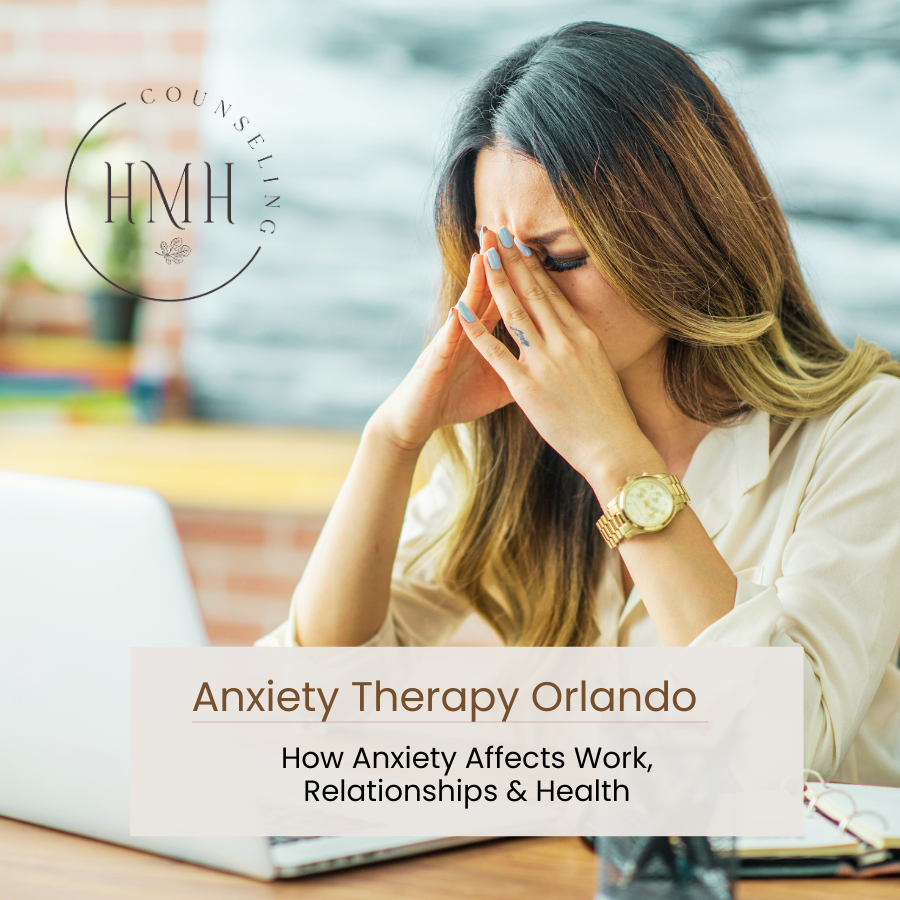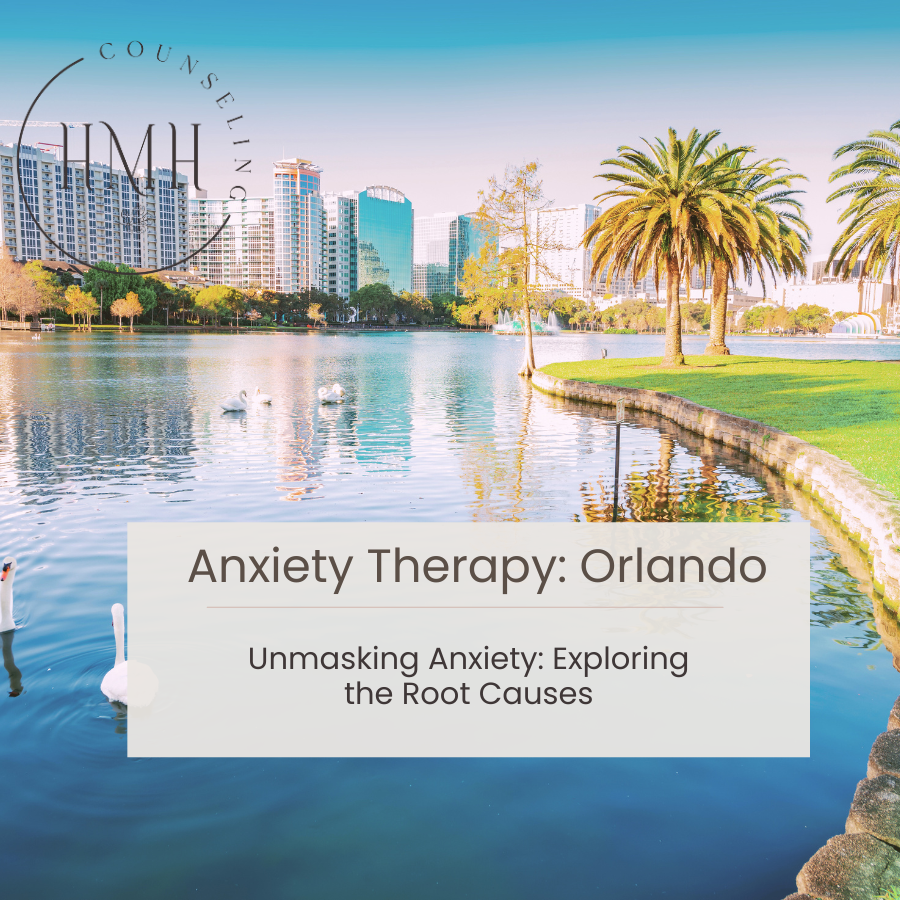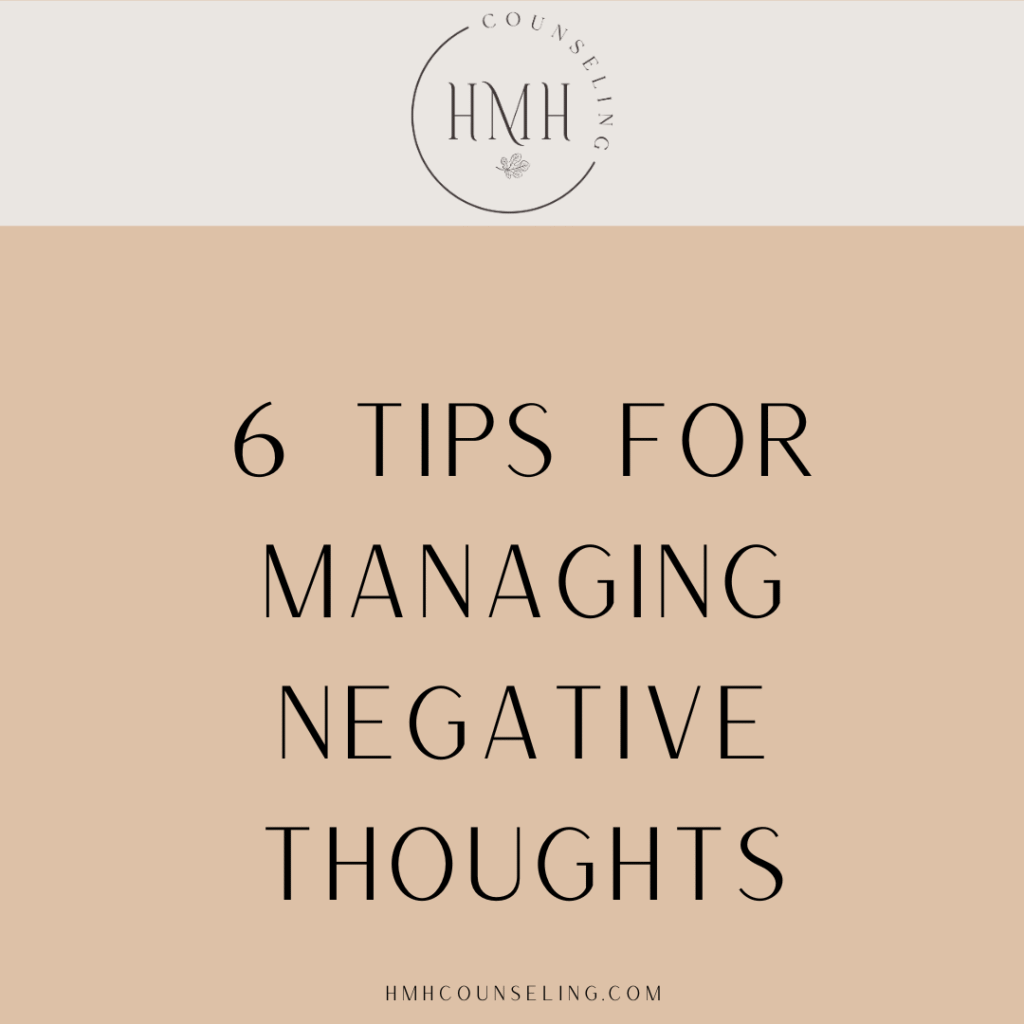Anxiety Therapist Explains How Anxiety Affects Work, Relationships & Health
July 18 • Written by: Jennifer Sierra, LMHC It’s 3 AM and your mind is racing with tomorrow’s presentation, replaying […]
Anxiety Therapist Explains How Anxiety Affects Work, Relationships & Health Read Post »




